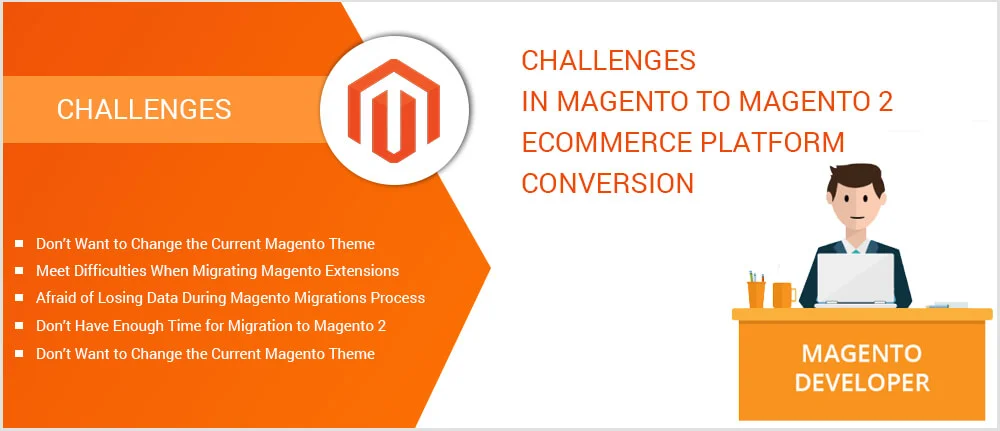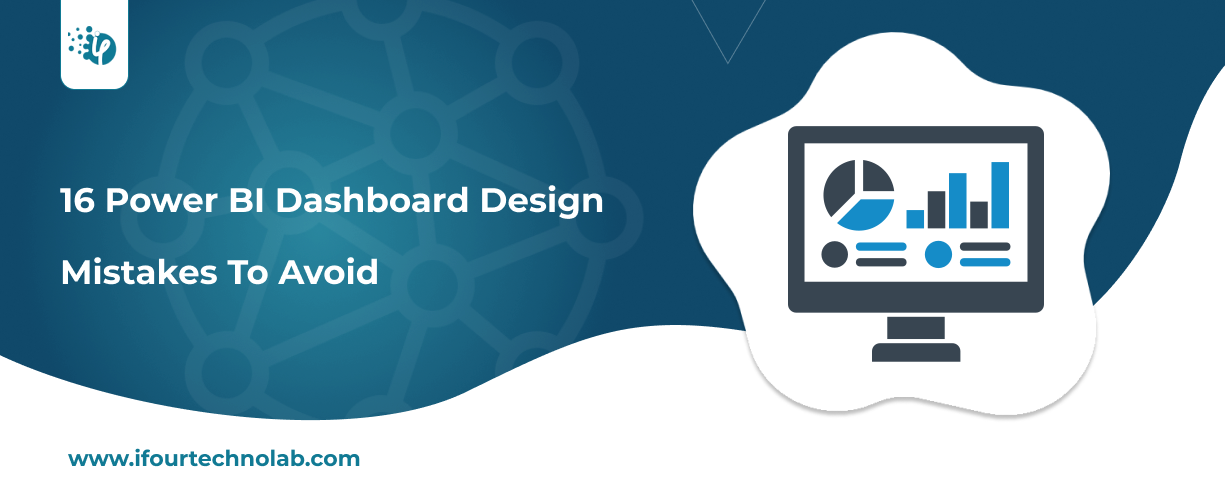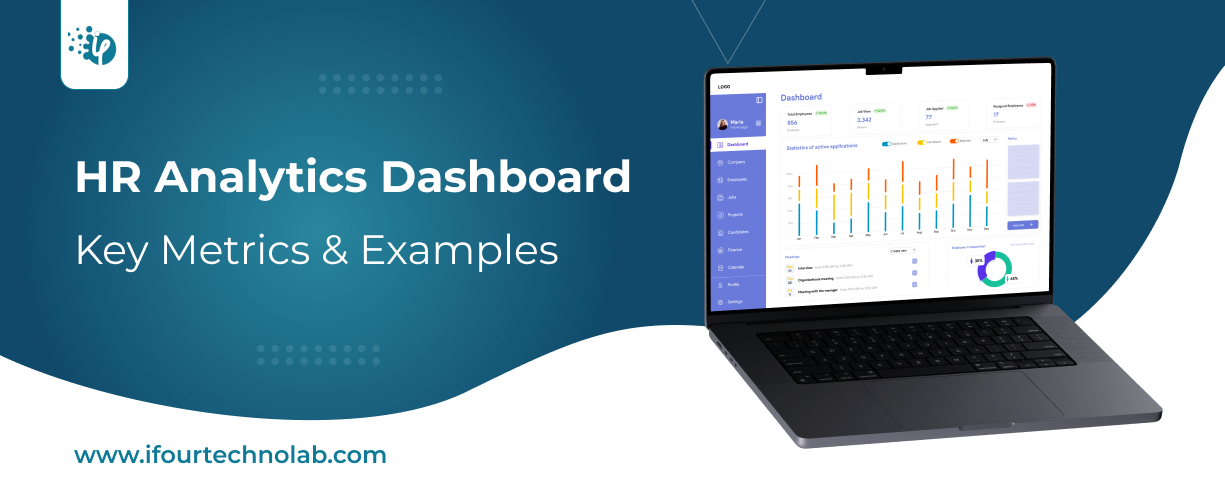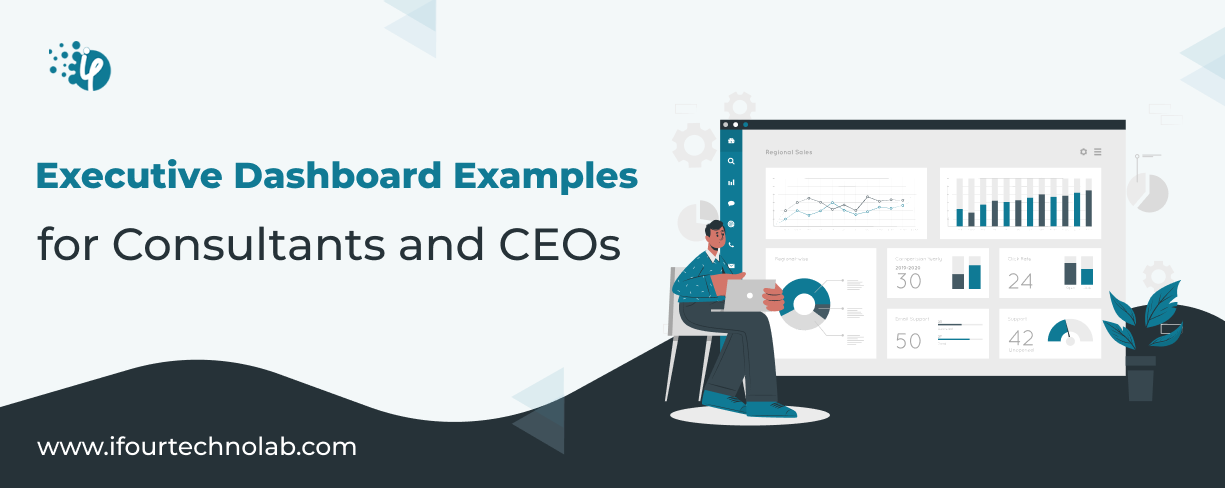Moving with the waves of digital transformation, it has become highly essential to update our website from time to time following the latest trends. The same is the case in migration of Magento to Magento 2 in the eCommerce platform. Many esteemed eCommerce website development companies are assisting the eCommerce businesses to make efficient and flawless migrations without affecting their operations.
The performance issue is most common in Magento 1 to Magento 2 migration. There are some popular issues you can experience after migration like low storage performance, slow speed in Magento admin areas, optimized cache configuration, slow page loading speed, and low store reliability. Once data migration completed from Magento 1 to Magento 2, many found that they were not able to place an order in sub-stores and create order invoices and shipments from the backend. So, here we have created a list of few challenges which are the most important while migration from Magento 1 to Magento 2.
Challenges while Migration in Magento
1. Don’t Want to Change the Current Magento Theme
- The level of theme inheritance is not limited to Magento. Magento theme inheritance is based on the fallback mechanism, and the best part of this mechanism is that it guarantees if a view file is not found in the current theme, the system searches in the ancestor themes, module view files, or library. The fallback for each type of theme files, and provides an overview of overriding the ancestor themes and module designs. However, that’s the most important reason customers don’t want to change the current Magento theme because the customers are too familiar with the current website design and they feel less interested when it's changed even better.
2. Meet Difficulties When Migrating Magento Extensions
- Main reason for the customers that why they don't want to migrate Magento extension because Magento 1 is highly dependent on external extension and it will cost a lot of money to acquire new ones, it takes a lot of time to install and configure all of the modules from the beginning as well as to solve conflicts among extensions.
3. Afraid of Losing Data During Magento Migrations Process
- Data migration is one of the most fundamental phases of the Magento migration process. Customers are always scared and worried of losing data while migrating products, sales order, product categories, blog and CMS page contents, testimonials, and product ratings, etc. Hence that’s the reason why they always say no with Magento 1 to Magento 2 migrations .
4. Don’t Have Enough Time for Migration to Magento 2
- Depending upon the complexity of your current website, the migration from Magento 1 to Magento 2 would take 1-5 months. If you want to carry migration manually by yourself, then first of all you have to cease your work temporarily and put all the time and effort into the upgrade but as result, you need to spend a lot of time following the work of developers.
5. Don’t Want to Change the Current Magento Theme
- Can’t Afford the Cost of Magento Migration Services
Magento Key Areas that Needs to Pay Attention
1. Magento is a bit more expensive compared to other e-commerce platforms
- Magento is a self-hosted platform. If you choose Magento, you'll have to sort out your hosting service. It means an additional investment of time and money on your part.
2. Heavily layered and complex coding style makes Magento fairly slow
- Magento requires a good hosting environment because If your website is not properly hosted and you don’t have a good server, your users may experience slow load time. It means that you would require to pay for good, reliable hosting.
3. Resource consuming Platform Heavy consumption of server resources
- Magento is a contributing cause of low performance is the lack of server/hosting resources. The hosting solution that powers the Magento store is the key to the success of the online store. If the server resources are not adequate, the performance will suffer and this will adversely impact the revenues.
One Stop Destination for Custom eCommerce Solutions - Enquire Today
4. Time-consuming customized development
- In Magento selecting a prebuilt theme which is an affordable option. But, sometimes it can be time-consuming depending on the amount of customization that is required to be done on the theme.
5. High Hiring Charges
- To build a performance-oriented e-commerce store that can drive more traffic and revenue, it is important to partner with reliable Magento experts or service providers. Magento is a bit more expensive compared to other e-commerce platforms.
6. The upgrade takes time, money & efforts
- There is still no clarity on how long will the older Magento version take to upgrade. The cost of the Magento upgrade goes up as one has to pay additionally for server hosting and to collaborate with solution providers who have expertise in handling the platform.
7. Slow Product Support
- Sometimes technical support of Magento has not provided as quickly as it should have expected. Support should be readily fast that suits your demand.
8. High Cost of Enterprise Version
- Magento enterprise pricing: The Gold Support package costs more than $22,000 a year. The Platinum Support package costs even more, and you have to pay a commission based on traffic. The license cost is depending on a revenue model. If the revenue band that you chose is higher, then you need to pay at lower percentage to cover the fixed license costs.
9. Magento requires a very good hosting environment and store management
- Magento requires a powerful infrastructure to operate seamlessly. A good hosting environment is something that you cannot overlook when it comes to rendering seamlessly and handling a huge number of clients as well. Consider all you need to verify before finalizing a hosting partner.
Conclusion
Migration challenges are not limited to the ones we have mentioned above it may vary. It can be many more challenges too. Although these issues can be fixed with the help of some extensions and tools. The Magento migration requires a lot of time and effort and most importantly more expensive than upgrade. Migration can become more headache for merchants, whose web stores are highly customized and have a lot of extension running which impacts the owners to use it frequently.
Challenges in Magento to Magento 2 eCommerce Platform Conversion Moving with the waves of digital transformation, it has become highly essential to update our website from time to time following the latest trends. The same is the case in migration of Magento to Magento 2 in the eCommerce platform. Many esteemed eCommerce website development companies are assisting the eCommerce businesses to make efficient and flawless migrations without affecting their operations. The performance issue is most common in Magento 1 to Magento 2 migration. There are some popular issues you can experience after migration like low storage performance, slow speed in Magento admin areas, optimized cache configuration, slow page loading speed, and low store reliability. Once data migration completed from Magento 1 to Magento 2, many found that they were not able to place an order in sub-stores and create order invoices and shipments from the backend. So, here we have created a list of few challenges which are the most important while migration from Magento 1 to Magento 2. Challenges while Migration in Magento 1. Don’t Want to Change the Current Magento Theme The level of theme inheritance is not limited to Magento. Magento theme inheritance is based on the fallback mechanism, and the best part of this mechanism is that it guarantees if a view file is not found in the current theme, the system searches in the ancestor themes, module view files, or library. The fallback for each type of theme files, and provides an overview of overriding the ancestor themes and module designs. However, that’s the most important reason customers don’t want to change the current Magento theme because the customers are too familiar with the current website design and they feel less interested when it's changed even better. 2. Meet Difficulties When Migrating Magento Extensions Main reason for the customers that why they don't want to migrate Magento extension because Magento 1 is highly dependent on external extension and it will cost a lot of money to acquire new ones, it takes a lot of time to install and configure all of the modules from the beginning as well as to solve conflicts among extensions. Read More: Top 10 Emerging Ecommerce Trends To Boost Your Business 3. Afraid of Losing Data During Magento Migrations Process Data migration is one of the most fundamental phases of the Magento migration process. Customers are always scared and worried of losing data while migrating products, sales order, product categories, blog and CMS page contents, testimonials, and product ratings, etc. Hence that’s the reason why they always say no with Magento 1 to Magento 2 migrations . 4. Don’t Have Enough Time for Migration to Magento 2 Depending upon the complexity of your current website, the migration from Magento 1 to Magento 2 would take 1-5 months. If you want to carry migration manually by yourself, then first of all you have to cease your work temporarily and put all the time and effort into the upgrade but as result, you need to spend a lot of time following the work of developers. 5. Don’t Want to Change the Current Magento Theme Can’t Afford the Cost of Magento Migration Services Magento Key Areas that Needs to Pay Attention 1. Magento is a bit more expensive compared to other e-commerce platforms Magento is a self-hosted platform. If you choose Magento, you'll have to sort out your hosting service. It means an additional investment of time and money on your part. 2. Heavily layered and complex coding style makes Magento fairly slow Magento requires a good hosting environment because If your website is not properly hosted and you don’t have a good server, your users may experience slow load time. It means that you would require to pay for good, reliable hosting. 3. Resource consuming Platform Heavy consumption of server resources Magento is a contributing cause of low performance is the lack of server/hosting resources. The hosting solution that powers the Magento store is the key to the success of the online store. If the server resources are not adequate, the performance will suffer and this will adversely impact the revenues. One Stop Destination for Custom eCommerce Solutions - Enquire Today See here 4. Time-consuming customized development In Magento selecting a prebuilt theme which is an affordable option. But, sometimes it can be time-consuming depending on the amount of customization that is required to be done on the theme. 5. High Hiring Charges To build a performance-oriented e-commerce store that can drive more traffic and revenue, it is important to partner with reliable Magento experts or service providers. Magento is a bit more expensive compared to other e-commerce platforms. 6. The upgrade takes time, money & efforts There is still no clarity on how long will the older Magento version take to upgrade. The cost of the Magento upgrade goes up as one has to pay additionally for server hosting and to collaborate with solution providers who have expertise in handling the platform. 7. Slow Product Support Sometimes technical support of Magento has not provided as quickly as it should have expected. Support should be readily fast that suits your demand. 8. High Cost of Enterprise Version Magento enterprise pricing: The Gold Support package costs more than $22,000 a year. The Platinum Support package costs even more, and you have to pay a commission based on traffic. The license cost is depending on a revenue model. If the revenue band that you chose is higher, then you need to pay at lower percentage to cover the fixed license costs. 9. Magento requires a very good hosting environment and store management Magento requires a powerful infrastructure to operate seamlessly. A good hosting environment is something that you cannot overlook when it comes to rendering seamlessly and handling a huge number of clients as well. Consider all you need to verify before finalizing a hosting partner. Conclusion Migration challenges are not limited to the ones we have mentioned above it may vary. It can be many more challenges too. Although these issues can be fixed with the help of some extensions and tools. The Magento migration requires a lot of time and effort and most importantly more expensive than upgrade. Migration can become more headache for merchants, whose web stores are highly customized and have a lot of extension running which impacts the owners to use it frequently.
Build Your Agile Team





















